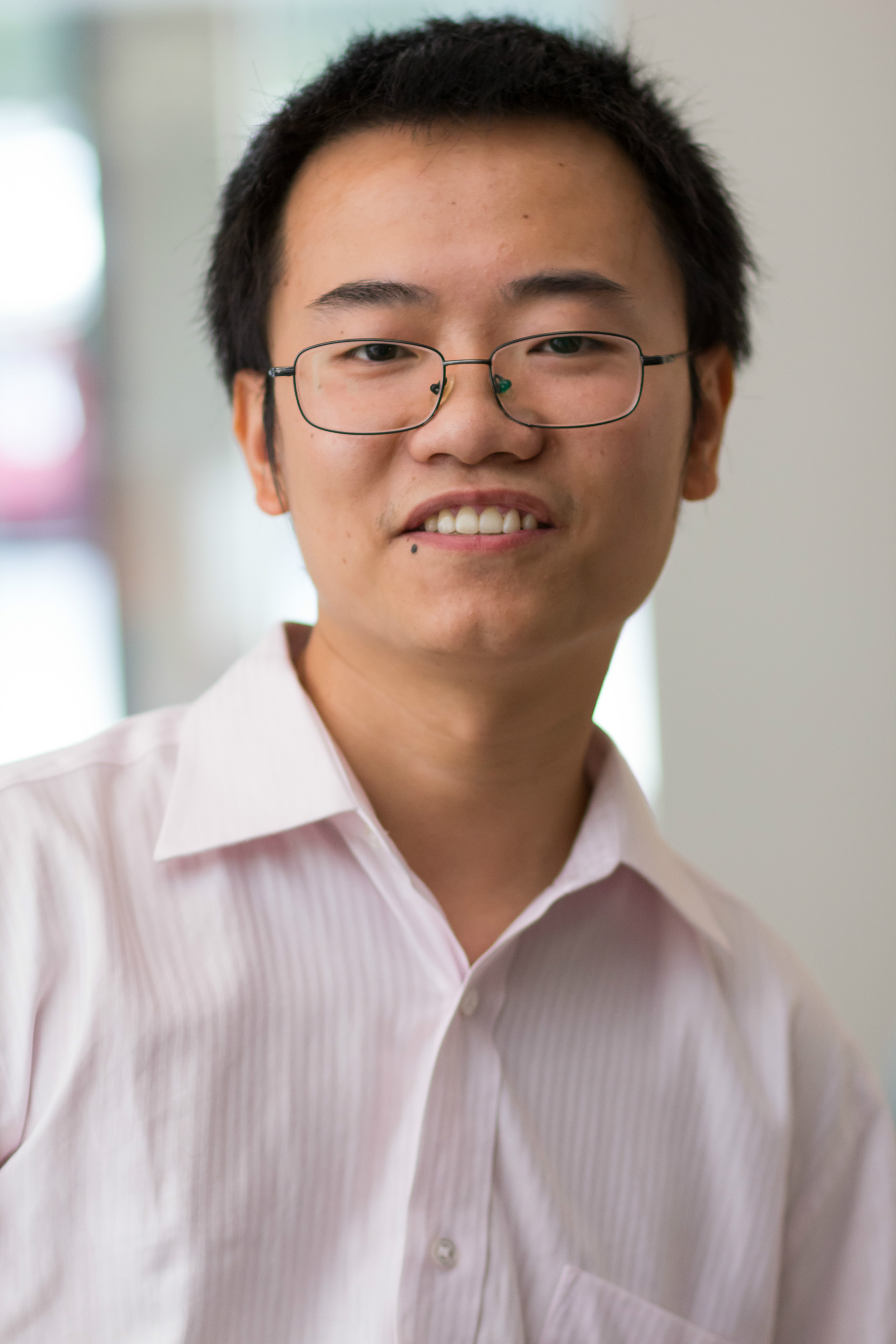Each month we will be asking one of our researchers to provide an insight into their research.
This month Dr Di Zeng is our Researcher in Focus.
Di has moved halfway across the world, from the United States to Australia, to join the GFS team. Di’s role at GFS is lecturer and applied economist. He brings with him research experience in agricultural development as well as food and health economics. His research projects cover East Africa, China and the United States and he has collaborated extensively with CGIAR centres and government agencies in the United States.
 What motivated you to become a researcher?
What motivated you to become a researcher?
The complicated economic reality – I started my undergraduate education with the aim of becoming a financial professional, yet ended up getting my final degree in a more down-to-“earth” subject, agricultural economics. I feel blessed to have found this area that interests me a lot more and that is more meaningful to many parts of the developing world.
What is the aim of your research?
I am enthusiastic about exploring the unknown mechanisms behind the seemingly complicated socio-economic relationships. My earlier work suggests that several widely hypothesised causal relationships really exhibit heterogeneous impacts (even with conflicting signs), which are usually ignored yet highly policy-relevant. I continue working on the “dark side” of economic issues from both theoretical and empirical perspectives.
What type of research do you do (e.g. field work)?
Two types: empirical economic studies and pure applied theoretical analyses. The former type of work builds on either household survey or secondary data, depending on the project setting.
What was your PhD topic and how long ago did you graduate?
I obtained my doctoral degree in Economics/Agricultural Economics in May, 2014. My dissertation research consisted of three papers on international agricultural development (Ethiopia): 1) the ex-post impact of improved maize varieties on poverty, 2) the child nutrition impact of improved maize varieties, and 3) farmers’ perception and maize variety adoption decision making. These studies build on either household or trade models, and combine econometric and simulation methods to break down confounding mechanisms.
What is your favourite part of being a researcher?
The use of economic tools to analyse real-world issues, and deriving improved policy information.
What is the hardest part of being a researcher?
The failure to communicate new findings to peer researchers, and the resulting publication rejection. Yet this hardship is only temporary and translates into useful experience as you move forward and keep getting closer to your academic goals.
What advice would you give to other aspiring researchers?
I recommend three things for aspiring applied economists: 1) rigorous training in economic theory/methodology, 2) understanding of literature as well as its recent advances, and 3) team collaboration that allows you to keep learning.
Now a little bit about Di’s first impressions of Adelaide life…
 What is your favourite thing about living in Adelaide…so far?
What is your favourite thing about living in Adelaide…so far?
The landscape that combines mountains and forests and seas.
What is one surprising thing about living in Adelaide that you did not expect?
Solar radiation in summer is slightly beyond my imagination.
What is one thing you miss about the U.S.?
Autumn leaves. Here we need to crowd into a few places of interest only to see a little bit – they are everywhere in the United States.

